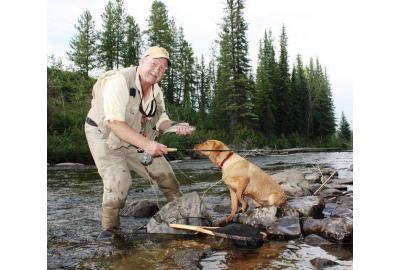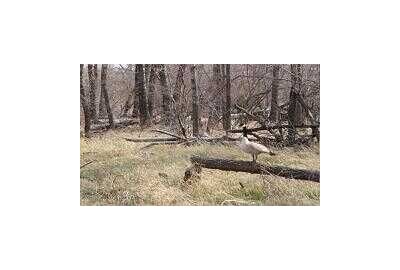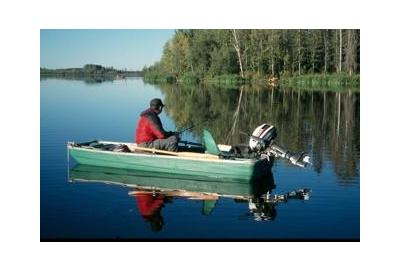Tips and Facts for Early Season Success
Fish are cold-blooded animals and as such are more sensitive to the vagaries of water temperature than the warm-blooded critters that pursue them.

Fish are cold-blooded animals and as such are more sensitive to the vagaries of water temperature than the warm-blooded critters that pursue them.

After a long winter with little or no fishing most fly anglers can hardly wait to get out on the stream to cast their flies. Early season trips involve more than just fishing, there are flies that were invented at the vise to be field tested, wader repairs to be checked, fly lines to be stretched, and knots to relearned. While conditions may not be ideal, it matters little, (as long as the wader repair was successful). Getting out early in the year just as things start to unlock from winter's icy grip is a wonderful way to spend a spring day. Getting back into the rhythm of casting the fly and walking the stream is reward in itself, even if conditions aren't perfect. As long as the temperature is above freezing and the wind isn't howling the early season angler stands a good chance at hooking some fish.

It's early in the year and the fishing is just getting started. While the water may be cold, the fish are obviously still living in the lake. They're still there feeding and offering us an opportunity to catch them. All we need to do is figure out where they are and how to catch them. Given that many of us will be limited to trout fishing early in the season as many of our pike and walleye lakes are under closure, let's look at trout more closely. Rainbows are our most popular trout species and here are a few tips to figure out where they will be at this time of year.